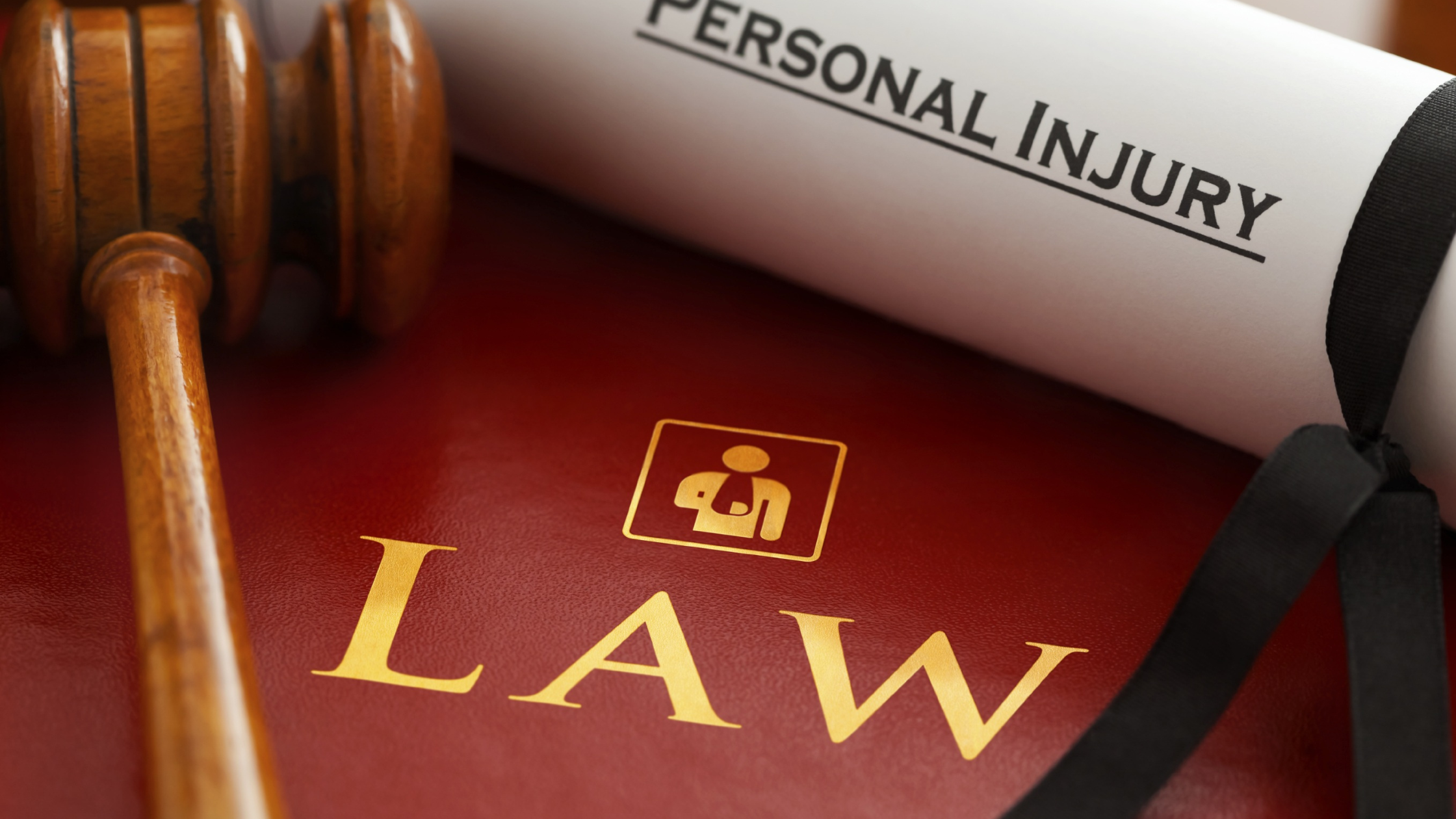
Claiming Compensation for Personal Injury: Know Your Rights and Options
Claiming Compensation for Personal Injury: Know Your Rights and Options
Personal injury claims can be complex and overwhelming, especially when dealing with the physical, emotional, and financial aftermath of an accident. If you have suffered a personal injury due to someone else's negligence or wrongdoing, it is crucial to understand your rights and options for claiming compensation. This comprehensive guide will provide you with the necessary information to navigate the legal process, ensuring that you receive the compensation you deserve.

Claiming Compensation for Personal Injury: Know Your Rights and Options
In this section, we will explore what a personal injury claim entails and how it works. Additionally, we will delve into the timeline of a personal injury claim and the steps involved in seeking compensation for your injuries.
What is a Personal Injury Claim?
A personal injury claim is a legal process through which an injured individual seeks financial compensation for the damages they have suffered due to another party's negligence Personal Injury Claims Brisbane or intentional actions. These damages can include medical expenses, lost wages, pain and suffering, and other related losses.
How do Personal Injury Claims Work?
Personal injury claims typically follow a standard process that involves several stages. Understanding these stages can help you navigate the legal system more effectively:
Initial Consultation: The first step in filing a personal injury claim is to consult with an experienced attorney who specializes in personal injury cases. During this initial consultation, your attorney will gather information about your case and assess its merits.
Investigation: Once you have hired an attorney, they will conduct a thorough investigation into your case. This may involve gathering evidence, obtaining medical records, interviewing witnesses, and reviewing any available surveillance footage.
Demand Letter: After completing their investigation, your attorney will draft a demand letter outlining your injuries, damages, and the compensation you are seeking. This letter is typically sent to the responsible party or their insurance company.
Negotiation: Upon receiving the demand letter, the opposing party or their insurance company may enter into negotiations with your attorney. These negotiations aim to reach a fair settlement without the need for litigation.
Litigation: If a settlement cannot be reached through negotiation, your attorney may proceed with filing a lawsuit on your behalf. This initiates the litigation process, where both parties present their arguments and evidence in court.
Trial and Verdict: During the trial, both sides will present their case to a judge or jury. After considering all the evidence and arguments, a verdict will be reached, determining whether you are entitled to compensation.
Appeals: In some cases, either party may choose to appeal the verdict if they believe there were errors in the legal process or if they disagree with the outcome. Appeals can prolong the resolution of your claim.
Settlement or Payment: If you win your case or reach a settlement agreement, you will receive compensation for your injuries and damages. The amount awarded can vary based on several factors, such as the severity of your injuries and the impact they have had on your life.

How Long Does a Personal Injury Claim Take?
The duration of a personal injury claim can vary significantly depending on various factors, including:
- The complexity of the case
- The severity of injuries
- The cooperation of involved parties
- Court availability and caseloads
On average, personal injury claims can take anywhere from several months to several years to resolve fully. It is important to have realistic expectations and understand that these cases often require patience and perseverance.
How to Claim Compensation for Personal Injury?
To successfully claim compensation for personal wtlaw.com.au injury, it is crucial to follow these essential steps:
Seek Medical Attention: Your health should always be your top priority following an accident or injury. Seek immediate medical attention and ensure that all injuries are properly documented by healthcare professionals.
Preserve Evidence: Collect as much evidence as possible to support your claim. This can include photographs of the accident scene, witness statements, medical records, and any other relevant documents or information.
Document Your Damages: Keep a record of all expenses incurred as a result of the injury, including medical bills, lost wages, and any other related costs. This documentation will help establish the extent of your damages during the claims process.
Consult with an Attorney: It is highly recommended to consult with an experienced personal injury attorney who can guide you through the legal process and protect your rights. They will assess the merits of your case and provide valuable advice.
File a Claim: With the assistance of your attorney, file a formal claim with the responsible party's insurance company. This claim should outline your injuries, damages, and the compensation you are seeking.
Negotiate or Litigate: Depending on the response from the insurance company, your attorney will either engage in negotiations to reach a fair settlement or proceed with litigation if necessary.
Stay Informed: Throughout the claims process, stay in regular communication with your attorney and keep informed about any developments or updates regarding your case.
Frequently Asked Questions
- Slip and fall accidents
- Car accidents
- Medical malpractice
- Workplace accidents
- Product liability incidents
- The statute of limitations for personal injury claims varies by state and type of incident. It is crucial to consult with an attorney promptly to ensure you meet all deadlines.
- Yes, depending on the laws of your jurisdiction. Comparative negligence allows for partial fault to be assigned, and compensation may be reduced accordingly.
- In such cases, it may be challenging to recover full compensation. However, an experienced attorney can explore alternative options, such as pursuing a claim through your own insurance or identifying other liable parties.
- Not all personal injury claims go to court. Many are resolved through negotiation and settlement. However, if a fair agreement cannot be reached, litigation may be necessary.
- The amount of compensation varies widely based on the specific circumstances of your case. Factors such as the severity of injuries, impact on your life, and available insurance coverage will contribute to the final settlement or verdict.
Conclusion
Claiming compensation for personal injury can be a complex process, but understanding your rights and options is crucial in achieving a successful outcome. By seeking legal representation, documenting your damages, and following the necessary steps, you can increase your chances of obtaining the compensation you deserve. Remember to consult with an experienced personal injury attorney who can guide you through each stage of the claims process and advocate for your best interests.